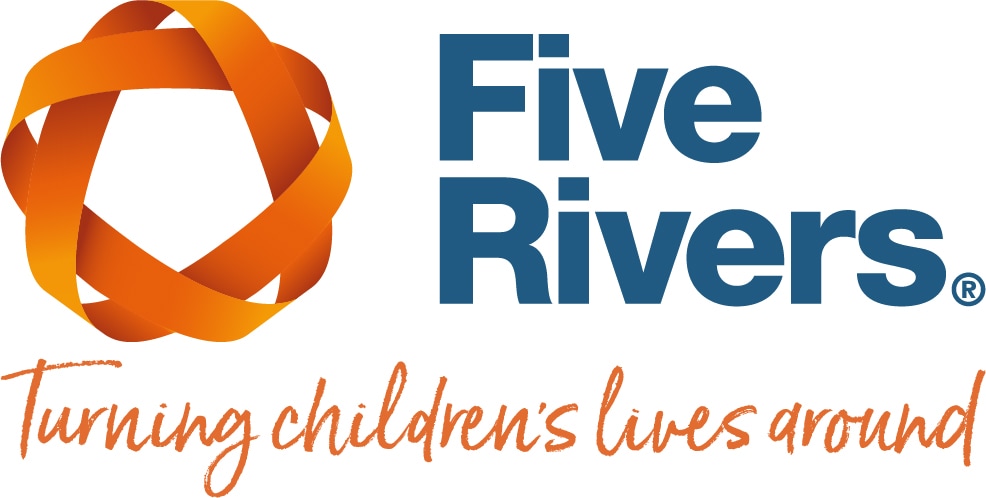Helping Children Cope with National Tragedies
Five key steps for protecting children and and young people
- Process your own reactions with other adults
- Shield your child from the worst images
- Reassure the child and protect yourself
- Explain in simple terms what has happened
- Keep calm and carry on
When terrible events happen there is a risk of children and adults becoming overwhelmed by the sad and distressing images and stories on TV and social media. We hope this “self care” advice will help, even if you are not in direct with contact with children, you may be supporting other people in the community whose children may be affected by fears and worries about loss.
Process
After tragic events there is no way of truly understanding the situation so as adults we tend to seek information to make sense of what is happening. The media will continuously expose the population to rapidly changing reports and there is no immediate satisfactory conclusion. It may be weeks or months before events may truly come to light and we get clarity.
At these difficult times, adults need time set aside to talk with each other – away from the children – to work through their own powerful emotional reactions such as,
- What if it was us? How would we cope?
- How scary would it be?
- I wish I could do something – why isn’t anyone doing enough?
- Adults should also validate children’s feelings by saying,
- It’s really okay to cry, it’s really upsetting
– so that children can understand it is normal to have these reactions.
Shield
It is important to bear in mind that developmental ages, not just chronological age, really impact children’s ability to understand. It is never helpful for very young children to be exposed to details because they can’t digest the images or the drama – this can be really overwhelming for adults too. Shielding the child can show them that you are a caring adult – adults wouldn’t routinely tell children about their disagreements or difficulties in adult relationships because they don’t want to worry them, so why pointlessly expose children to material even an adult cannot comprehend?
Reassure and protect
If children are exposed to graphic images, they will need direct reassurance that the adults around them will keep them safe. They are likely to need hugs and safe spaces as a temporary resource for those children feeling most fragile.
Children need to know adults around them can help them with their distress and their problems – that they care and would want to have helped and do everything they could to protect them as a child.
Even adults should protect their own psychology in these difficult hours and days. I have advised Five Rivers staff and foster carers to shield their core selves from the media: if you saw graphic reports in the morning-after news, then don’t watch the ensuing bulletins – there isn’t going to be a good ending to the immediate tragedy, so why continually re-watch images of trauma? We know this can engrave our neurological pathways with a pattern of remembering upsetting events which becomes difficult to shift – so better not to let it get established in the first place.
Explain
When support is needed because children have been speaking to each other at school, explain events in general terms so children can understand, for example, “There was a big fire and people got hurt and that means lots of people are sad and upset, as no one could stop it”
Carry on
There may be a temptation for adults to go ‘off structure’ but I recommend sticking in the present moment, task and routines; for example, don’t have the news channel on when the children’s channel would be on after school. Maintain the normal beginnings and endings and routines of the day.
As time goes on, remember to get some fun into every day and celebrate all the successes you or the children experience, taking a moment to be thankful for all the good things we can enjoy.
Richard Cross, Head of Clinical Services for Five Rivers Child Care offers advice for helping adults and children cope with distressing and traumatic events in the news
